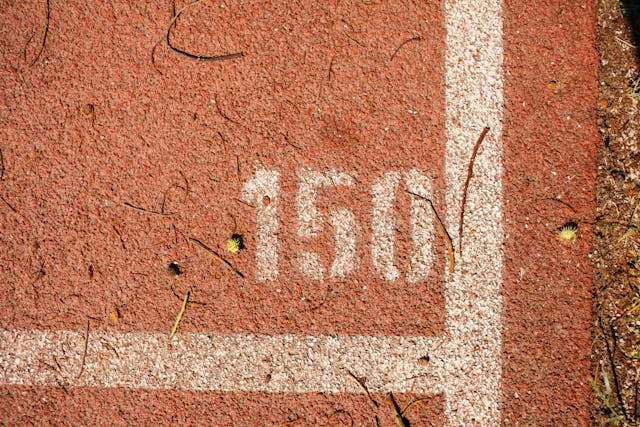Maintaining a healthy weight can be challenging for anyone, but for individuals with amputations, these challenges are often amplified. The loss of a limb not only affects mobility and physical activity levels but also requires adjustments in nutrition and overall lifestyle. Understanding these unique challenges is essential for effective weight management post-amputation.
Mobility and Physical Activity Challenges

One of the most significant challenges faced by individuals with amputations is reduced mobility. The loss of a limb can make it harder to engage in physical activities that are crucial for maintaining a healthy weight. Activities like walking, running, or even standing for extended periods may become more difficult or require the use of prosthetics, which can be physically demanding.
This reduction in physical activity can lead to a decrease in overall energy expenditure, making weight gain more likely. To counter this, it’s important to find alternative forms of exercise that are accessible and enjoyable, such as swimming, seated exercises, or adapted sports. Working with a physical therapist can also help in developing a personalized exercise plan that considers the individual’s unique abilities and limitations.
Nutritional Adjustments
After an amputation, the body’s caloric needs often change. The reduction in body mass means that fewer calories may be needed to maintain weight. However, if dietary habits remain the same as before the amputation, there is a risk of consuming more calories than necessary, leading to weight gain.
Additionally, the healing process post-amputation requires proper nutrition, including sufficient protein intake to support tissue repair. Balancing these nutritional needs while avoiding excess caloric intake can be challenging. Consulting with a dietitian who specializes in amputee nutrition can provide valuable guidance in creating a balanced and sustainable diet plan.
Psychological and Emotional Factors
The psychological impact of amputation can also play a significant role in weight management. Many individuals experience emotional distress, including feelings of loss, frustration, or depression, which can lead to changes in eating habits. Some may turn to food for comfort, while others may lose interest in eating altogether.
Addressing these emotional challenges is crucial for maintaining a healthy weight. Support from mental health professionals, support groups, and loved ones can help individuals cope with the emotional aspects of amputation and develop healthier coping mechanisms.
The Importance of Accurate Weight Monitoring
For individuals with amputations, traditional methods of monitoring weight, such as using a standard BMI calculator, may not provide accurate results. A specialized BMI calculator for amputees, like the one available on our BMI Calculator for Amputations page, adjusts for the loss of limb mass, providing a more accurate measure of body weight.
Accurate weight monitoring is essential for setting realistic weight management goals and tracking progress. It also helps in identifying any potential issues early, such as unintentional weight gain or loss, allowing for timely intervention.
Conclusion
Maintaining a healthy weight post-amputation presents unique challenges, but with the right approach, it is entirely possible. By addressing mobility and nutritional needs, as well as the emotional aspects of amputation, individuals can successfully manage their weight. Utilizing tools like a specialized BMI calculator ensures that these efforts are accurately monitored, supporting long-term health and well-being.














